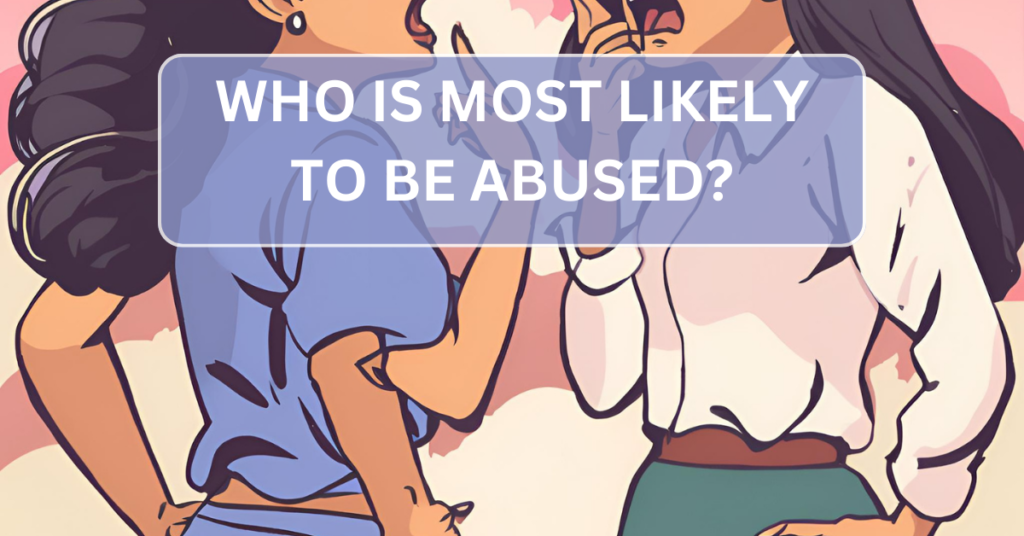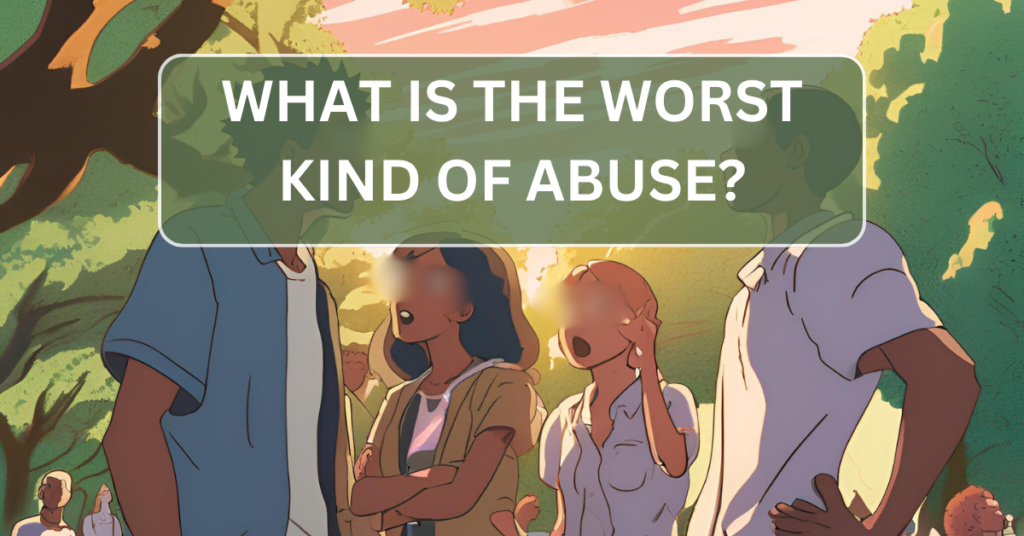
Abuse is a serious issue, and no one should have to endure it in silence. Whether the abuse is physical, emotional, sexual, or financial, there are many resources available to help victims find safety, support, and recovery. Below is a list of places where abuse victims can seek help:
1. National Domestic Violence Hotline (USA)
- Website: www.thehotline.org
- Phone: 1-800-799-SAFE (7233)
- Text: Text START to 88788
The National Domestic Violence Hotline offers confidential support, resources, and a safe space for individuals in abusive relationships. Victims can receive guidance on how to escape abusive situations, safety planning, and legal resources.
2. National Sexual Assault Hotline (USA)
- Website: www.rainn.org
- Phone: 1-800-656-HOPE (4673)
RAINN (Rape, Abuse & Incest National Network) provides support for sexual assault victims through its free, confidential helpline. Counselors are available to listen, offer advice, and connect individuals with local resources.
3. Adult Protective Services (APS)
- Website: www.napsa-now.org
APS is a government program that investigates reports of elder abuse, neglect, and exploitation. They can provide immediate intervention and connect victims with care and services. Contacting APS can be an important step in protecting older adults from abuse.
4. Local Shelters and Safe Houses
Domestic violence shelters offer victims of all types of abuse a safe place to stay, free of charge, and typically offer a range of services such as legal assistance, counseling, and emergency housing.
- To find a local shelter, you can call the National Domestic Violence Hotline or search online for shelters in your area.
- Shelters offer confidential services and are equipped to provide immediate safety for those escaping dangerous situations.
5. Crisis Text Line
- Website: www.crisistextline.org
- Text: Text HOME to 741741
The Crisis Text Line is available 24/7 for anyone experiencing a mental health crisis, including abuse victims. Texting provides a discreet and safe way for individuals to receive support and connect with trained counselors.
6. Local Law Enforcement
If you or someone else is in immediate danger, it is essential to contact the police or law enforcement.
- Emergency Number (USA): 911
- Non-Emergency: Contact your local police department directly
Law enforcement can respond to reports of abuse, provide immediate protection, and initiate criminal investigations into the abuse. They may also help victims with obtaining protective orders or filing police reports.
7. Legal Aid Services
For those needing legal support, many organizations offer free or low-cost services to victims of abuse. These services can assist with obtaining restraining orders, divorce proceedings, custody disputes, and other legal matters related to abuse.
- Legal Aid Websites:
- www.lsc.gov (Legal Services Corporation)
- www.lawhelp.org (Find local legal help)
8. Therapy and Counseling Services
Abuse victims can benefit from counseling or therapy to help them heal from the emotional and psychological toll of abuse.
- Therapists: Many therapists specialize in trauma recovery, abuse, and domestic violence.
- Online Counseling Services:
- BetterHelp
- Talkspace
These platforms allow individuals to connect with licensed therapists via text, phone, or video chat, providing confidential support from the safety of home.
9. Support Groups
Support groups can offer victims a sense of community and shared experience. These groups provide emotional support and practical advice from others who have gone through similar experiences.
- Domestic Violence Support Groups: Many local shelters and advocacy organizations offer support groups.
- Online Support Groups: Websites like Reddit, Facebook, and forums like Abuse Survivors host private, peer-support groups.
10. Hotlines and Helplines for Specific Groups
There are several national and international helplines catering to specific abuse situations or groups of people.
- For Elder Abuse:
- National Center on Elder Abuse: 1-800-677-1116
- For Child Abuse:
- Childhelp National Child Abuse Hotline: 1-800-4-A-CHILD (1-800-422-4453)
11. Family and Friends
Support from family members and trusted friends can make a significant difference. Loved ones can provide emotional support, assist with finding resources, or help victims escape abusive situations.
- How They Can Help:
- Listen without judgment and validate their feelings.
- Help them develop a safety plan.
- Provide temporary shelter or assist with transportation to a safe location.
12. National Human Trafficking Hotline
- Phone: 1-888-373-7888
- Text: 233733 (Text “HELP” or “INFO”)
This hotline provides support to individuals who may be victims of human trafficking. The organization offers confidential, 24/7 assistance and can connect individuals with resources for escaping trafficking situations.
Conclusion
There are many resources available to help abuse victims, ranging from immediate emergency services like law enforcement and hotlines to long-term support systems such as therapy and legal assistance. It’s important for victims to know that they are not alone and that help is available. If you or someone you know is experiencing abuse, reach out to one of the resources above or contact a trusted person in your life for support. The first step toward healing and safety is seeking help.


